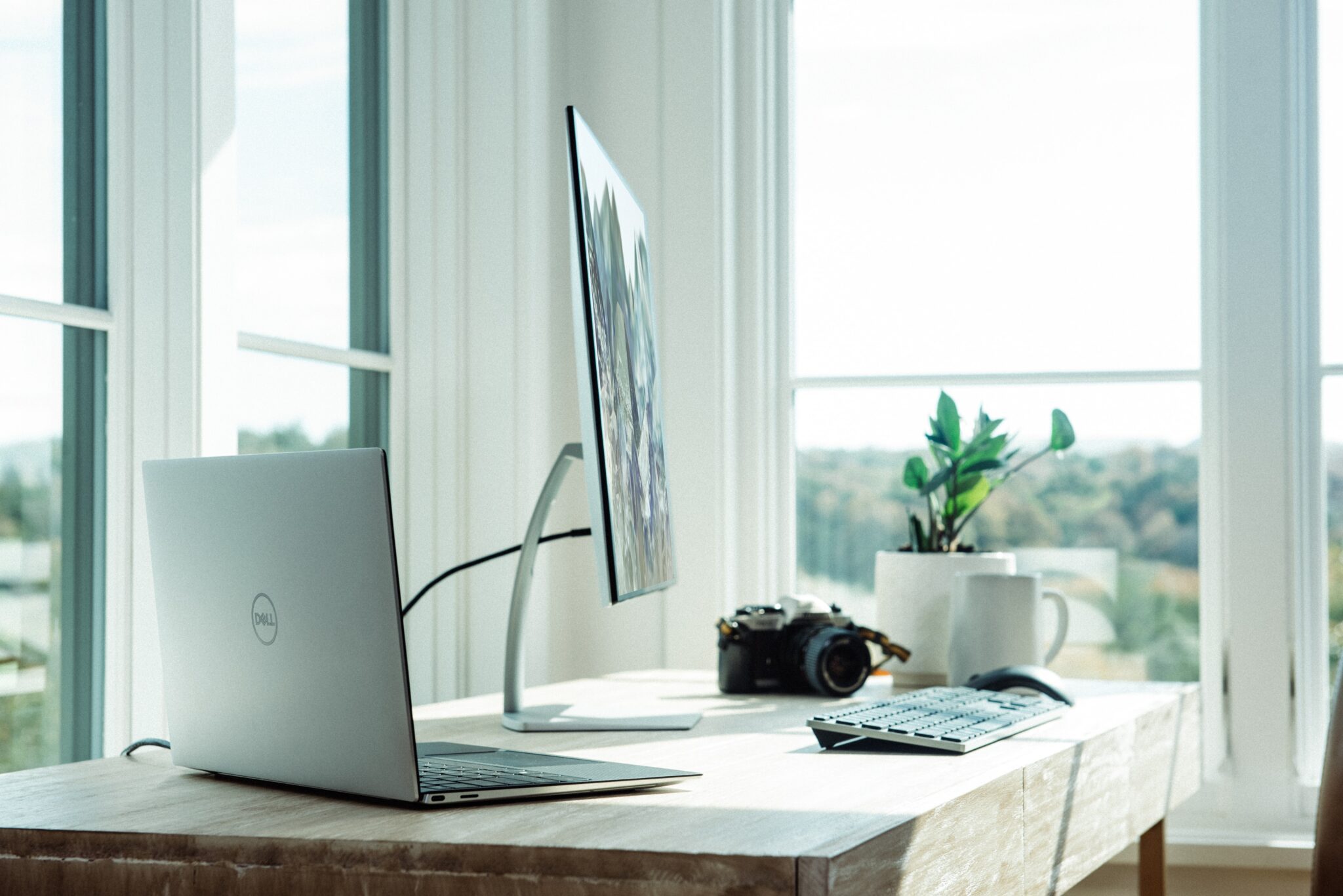By Molly Barnes, Digital Nomad Life
Working from home can be a mixed bag. There’s the freedom that comes from being able to set your own hours, insulation from noisy co-workers (at least, if you’re an introvert), and also the advantage of saving time on your commute — especially if you live in a big city and have to deal with rush-hour traffic.
But are you really saving that much time or energy working from home? It turns out, you might not be. Research during the pandemic shows that remote work has led to a 2.5-hour increase in the average workday in the U.S., Canada, Austria, and the United Kingdom. Unless you’ve got an especially long commute, you’re not saving time: You might be losing it.
And you might be losing it to more stressful activity, too. Yes, rush-hour traffic can be a pain, but who would’ve guessed that working from home would mean 13% more meetings per day, not to mention an average of 1.4 more emails?
Many companies are making plans to bring workers back to the office, but others are transitioning to permanent remote status. Maybe you’re in the latter category and wondering what to expect from a long-term remote work experience. If so, here are some ideas about how to make the most of it while avoiding burnout in the process.
Make yourself comfortable
If you’re going to be working long hours, you might as well take advantage of the freedom to create your own office space and tailor it to your personal style. Bring in pictures and plants; set a productive mood with background music; add a sofa for taking breaks (more about that below) or exercise equipment to blow off some steam after a Zoom meeting.
Make sure your workspace is ergonomically sound so you don’t run into physical problems like carpal tunnel syndrome or a sore back. Surveys have found that 60% of computer workers in the U.S. complain of wrist pain that can be tied to poor ergonomics, 41% say they have upper back pain, and 38% experience neck fatigue.
That’s one reason you should create a dedicated workspace. Working for too long on your laptop (especially from the couch) can take its toll. Poor lighting can cause eye strain, and so can staring at the computer screen for too long in one sitting.
Set your screen at the proper height so you’re looking at a slight downward angle (15 to 30 degrees), but not so much that your neck muscles are strained by leaning forward. Find a comfortable chair and adjust it so your feet are flat on the floor, your thighs are horizontal, your wrists rest straight on the desk, and your lower legs are vertical.
Get a mouse that fits your hand properly. Put everything within easy reach so you don’t have to stretch and strain. The more comfortable you are, the less stress you’ll feel — both physically and mentally.
Tune out distractions
One reason you may be working too long is that it’s easier to get distracted at home, whether by pets or your spouse, roommates or kids. Each time you have to deal with something outside of work, it pushes back those deadlines, and you may find yourself working late into the evening to make up the time.
Let everyone know your schedule — when you need to be at work. Set up your home office in a remote part of the house if possible, purchase some noise-canceling headphones, and think about hanging a “do not disturb” sign on your door when you’re working.
The less distracted you are, the more easily you can take breaks when you need them instead of trying to make up for lost time by plowing through and getting even more stressed.
Think about ways to insulate yourself from common mental and logistical distractions, too. For example, 33 percent of workers are worried about their personal finances. In fact, 46 percent of those workers lose an average of three hours per week of productivity dealing with financial issues.
Usually, combatting anxiety involves taking meaningful steps to address your concerns. If you need to get your finances off your mind, spend some time being proactive: create a budget, formulate a savings plan, and take steps to improve your credit.
Take breaks and get outside
One sure way to burn yourself out is to neglect breaks. You need to look after your physical and mental health, and breaks are essential. Breaks actually boost energy and help you get the job done faster and more effectively in the long run.
Try meditating, physical activity, or changing gears and doing something completely different for a few minutes. Going outside the house to get a little sunshine and fresh air is a great way to spend a few minutes recharging.
You can even go for a short drive. It’s good for you and your vehicle, especially if you’ve both been sitting idle for the better part of a year! Many people have allowed their cars to deteriorate since the pandemic began. Before you hit the road, check for common issues. Low motor oil can damage your engine, while low tread can cause a dangerous or deadly tire blowout.
Working from home doesn’t have to be a one-way ticket to burnout. If you maintain your boundaries, take breaks, and set up a killer workstation, you can avoid burnout and make the most of working from the comfort of your own home.


